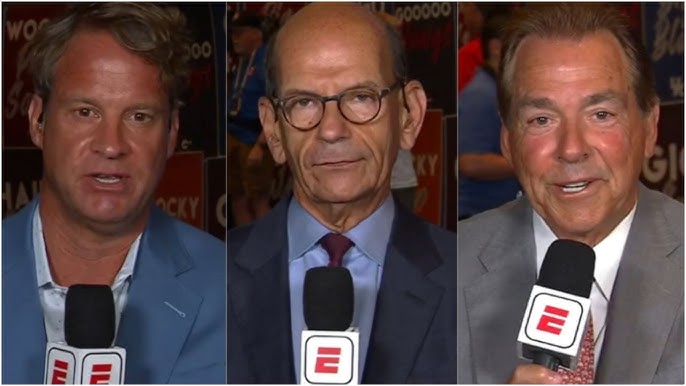Conspiracy or accountability? Lane Kiffin and Ole Miss in the media spotlight amid legal battles.
Lane Kiffin, the head football coach of Ole Miss, has recently received national media attention as a result of a high-profile lawsuit filed by defensive tackle DeSanto Rollins. The case, which alleges racial and sexual discrimination, as well as incompetence during a mental health crisis, has prompted concerns over student-athlete treatment and coaching staff obligations.
Rollins, a junior from Baton Rouge, Louisiana, claims he was kicked off the squad after requesting a mental health vacation. He seeks $10 million in compensatory damages and $30 million in punitive damages, claiming that the institution and coaching staff did not sufficiently handle his mental health concerns.
The case revolves around a taped meeting between Rollins and Kiffin, in which the coach reportedly berated the athlete for missing meetings and workouts. Kiffin is overheard stating, “You’re off the team. You’re finished. See you. Go. And, guess what? We can remove you from the team… “We can kick you off the team for not showing up.”
The university maintains that Rollins was never officially dismissed from the squad and is still on scholarship, emphasising that he has access to all services offered to student athletes.
Attorneys representing Ole Miss and Kiffin filed a petition to dismiss the case in November 2023, stating that the coach and university are immune from certain of Rollins’ claims and that the remaining charges do not articulate a cause for relief.
The case has sparked debate over how to strike a balance between preserving team discipline and meeting student-athletes’ mental health needs. While some see the media attention as a necessary study of institutional duties, others believe it is an unfair attack on Kiffin and the Ole Miss program.
As the legal processes continue, the issue highlights the challenges coaches and colleges confront in balancing the well-being of their athletes with team requirements. The outcome of this case could set a precedent for how similar situations are handled in NCAA sports going forward.

